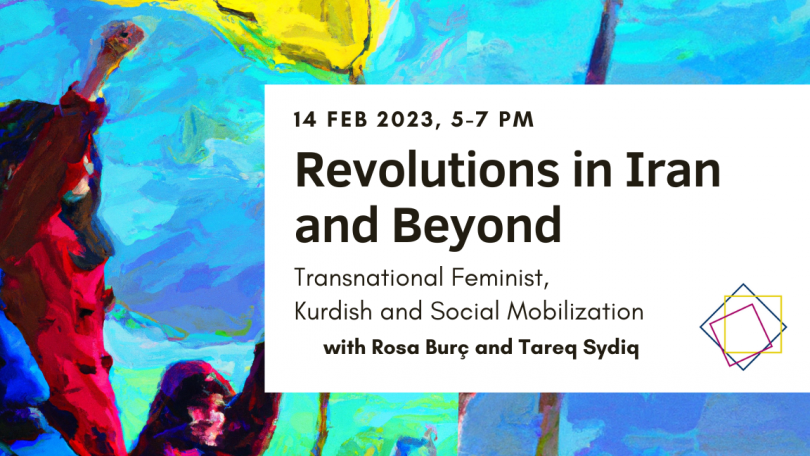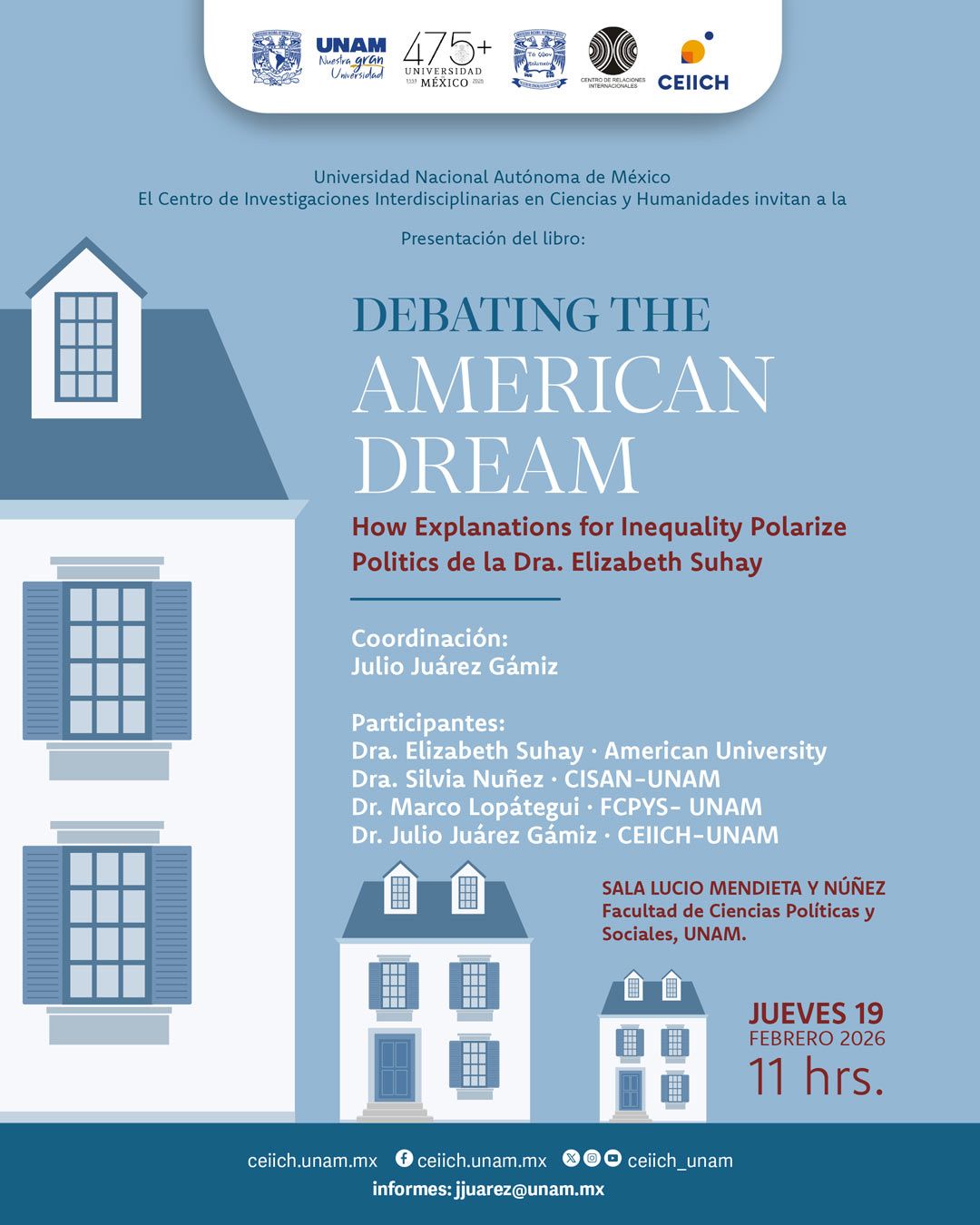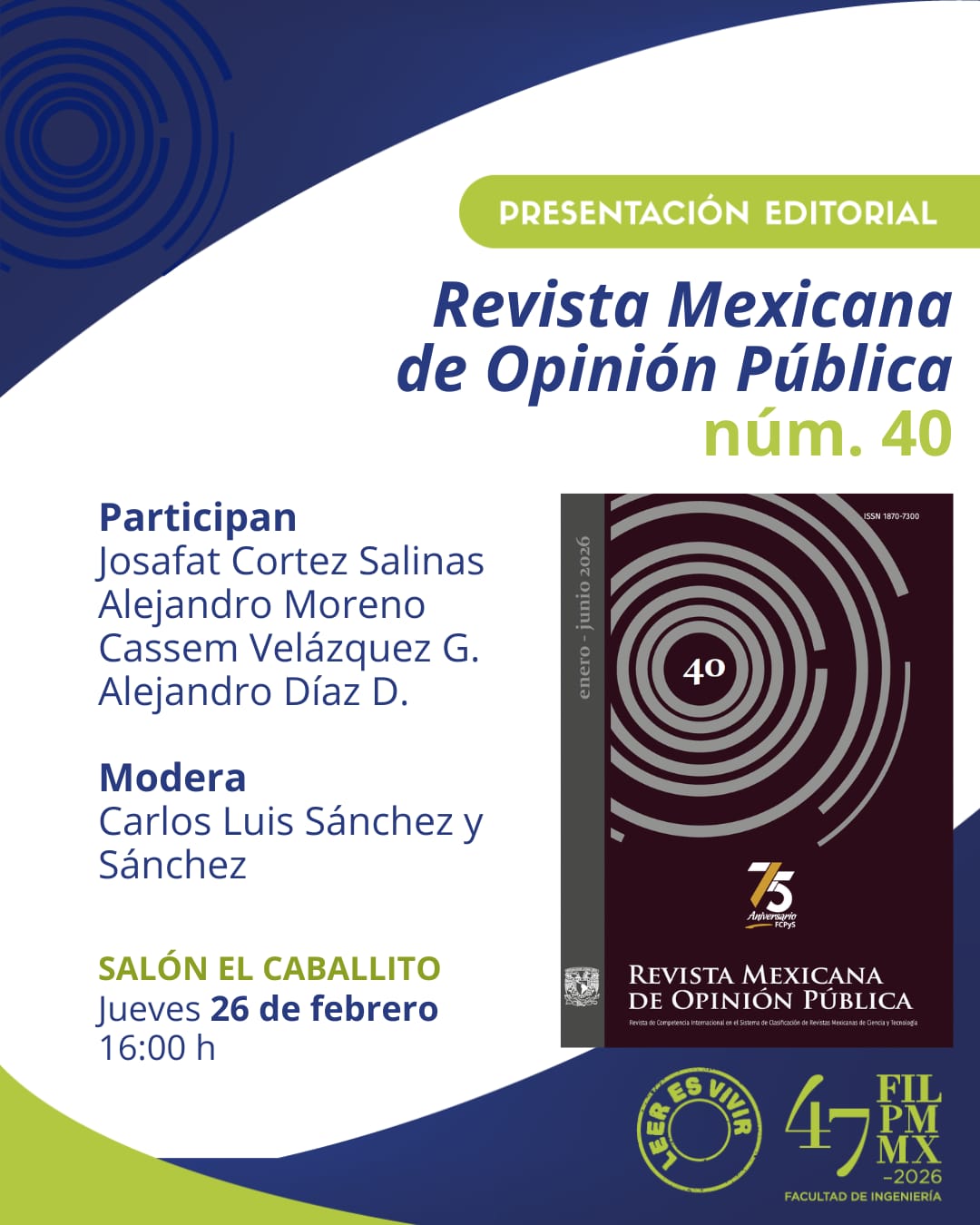Revolutions in Iran and Beyond
Revolutions in Iran and Beyond: Transnational Feminist, Kurdish and Social Mobilization
Join us for a discussion on transnational feminist, Kurdish and social mobilization between:
Rosa Burç, Doctoral Researcher at the Scuola Normale Superiore in Florence and visiting researcher at INTERACT
Dr. Tareq Sydiq, Researcher at the Center for Conflict Studies in Marburg.
Revolutions in Iran and Beyond: Transnational Feminist, Kurdish and Social Mobilization
For several months, Iran has seen protests which observers have referred to as unprecedented in numbers and duration, revolutionary character, geographic scope and diversity. The death of a young Kurdish woman in police custody has ignited large protest waves across the country, where various segments of the society have taken to the streets of Iran even as authorities continue their violent crackdown.
As the protesters face police brutality and judicial persecution, people all over the world have expressed unprecedented solidarity with the resistance in Iran. At the same time, however, such international attention has contributed to hegemonic readings of Iran’s revolutionary situation which remains highly contested. The iconic rallying cry «woman, life, freedom», which seems to encapsulate the central claim and motif of this mass mobilization – namely its fundamentally anti-patriarchal nature – highlights these tensions, as the English translation decouples it from its Kurdish roots. Paired with the iconic imagery of women taking of their headscarf in protest, international audiences quickly took the slogan as evidence for the fact that the world was witnessing a feminist revolution in Iran. Yet, the protests were often portrayed in a simplifying manner, mainly as an expression of collective resistance against the strict clothing rules imposed on women by the theocratic Iranian regime.
By contrast, a growing number of scholars and activist have cautioned that readings of the revolutionary uprising as “hijab protests” largely overlooks its multifaceted and multidirectional nature. Above all, they neglect and conceal the continuities between the ongoing dynamics of social mobilization and social class struggles, as well as its precursors in the modern Kurdish liberation movement.
Against this backdrop, INTERACT conversation #2 delves into the multifaceted nature of the protests at the intersection of class, ethnicity, and gender. With our guest speakers Rosa Burç and Tareq Sydiq we discuss the symbolism of Jina Amini’s death; visibilize ruptures and continuities in the ongoing mobilizations in Iran and how they transcend national boundaries; and explore the meaning of this revolutionary moment – specifically, how the story of the Iran uprising is, in fact, not the story of one but of several revolutions converging in a moment of fundamental social and political transformation.
About our guests:
Rosa Burç is a PhD candidate at the Centre on Social Movement Studies in Florence/Italy. She is currently finalizing her thesis on political imaginaries of stateless mobilization, with a focus on the Kurdish movement. After graduating with an M.Sc. in International Politics from SOAS, University of London, she has worked as a research and teaching fellow at Bonn University. Currently she is a visiting fellow at FU Berlin’s INTERACT. Her work has been published in peer-review journals, edited volumes, and international media such as Die Zeit and The New York Times.
Dr. Tareq Sydiq is a postdoctoral researcher at the Center for Conflict Studies in Marburg and member of the Postcolonial Hierarchies in Peace and Conflict network. His research centers on protest movements within repressive and violent contexts, with a principal focus on Asia. Tareq holds a PhD in political science from the University of Marburg where his doctoral research explored issues of generational conflict, marginalized communities, international entanglements and spatial conditions of protest in Iran. His monograph “Autoritäre Interessensaushandlung. Wie Iraner:innen Politik innerhalb autoritärer Rahmenbedingungen gestalten” was recently published by Springer VS.
About the event:
The discussion will be in English and will be moderated by Dr. Jannis Julien Grimm and Dr. Mariam Salehi.
Kindly note that prior registration is required for this event. Please register via mail (info@interact.fu-berlin.de) until 7 February 2023.
The event will be streamed online. For online participation, a registration will not be neccessary. The Streaming Link will be posted here in the following days. (https://www.interact.fu-berlin.de/News/INTERACT_conversations_Iran.html)
Time & location
14 February 2023 | 05:00 PM – 07:00 PM
INTERACT Center for interdisciplinary peace and conflict research
Altensteintraße 48, 14195 Berlin,
Te puede interesar
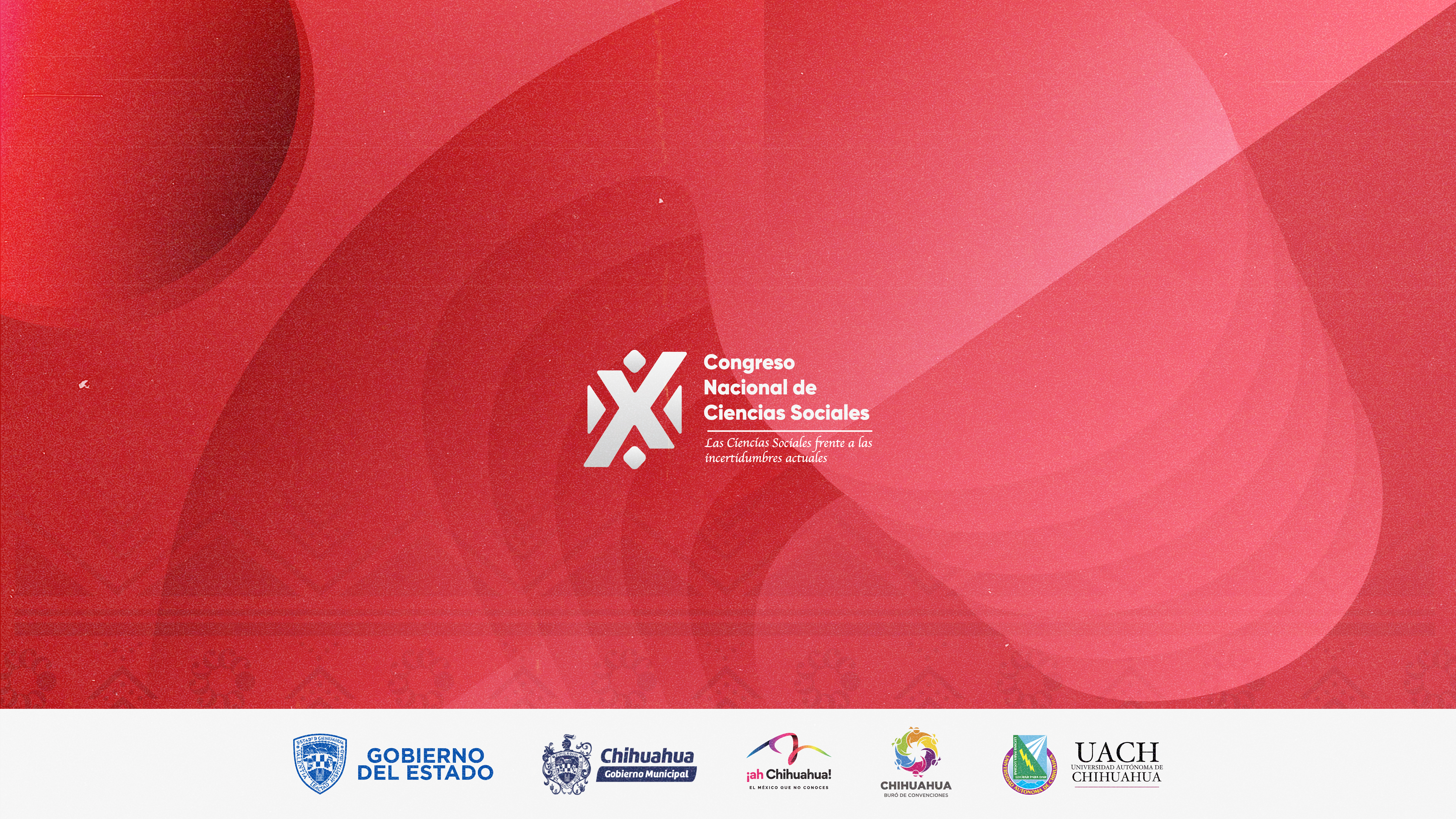
Convocatoria Feria del libro
Laura Gutiérrez - Feb 04, 2026FERIA DEL LIBRO X CONGRESO NACIONAL DE CIENCIAS SOCIALES “Las Ciencias Sociales frente a las incertidumbres actuales” INVITACIÓN Información general…

Hoteles con convenio | X Congreso Nacional de Ciencias Sociales
Laura Gutiérrez - Ene 28, 2026X Congreso Nacional de Ciencias Sociales Las Ciencias Sociales frente a las incertidumbres actuales del 23 al 27 de marzo…

Memorias del IX Congreso Nacional de Ciencias Sociales
Roberto Holguín Carrillo - Jul 02, 2025IX Congreso Nacional de Ciencias Sociales Las ciencias sociales y los retos para la democracia mexicana. Realizado en el Instituto…
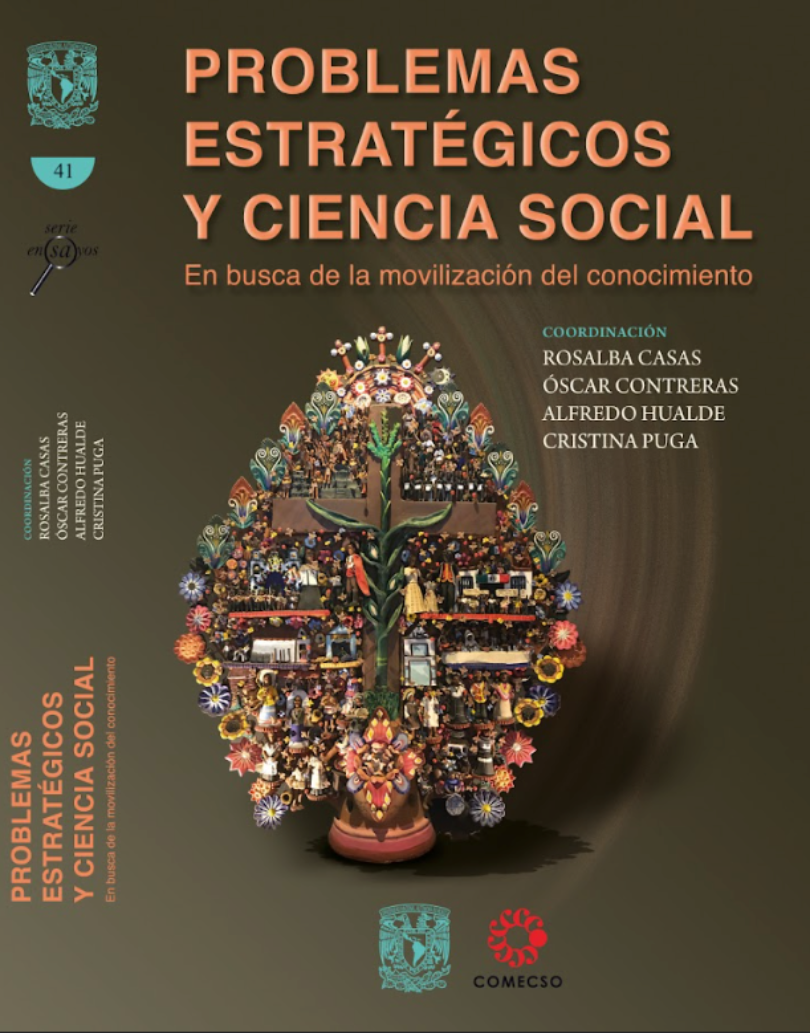
Problemas Estratégicos y Ciencia Social
comecso - Feb 18, 2026¡Nueva publicación, ineludible para quienes se desarrollan en el ámbito de las Ciencias Sociales! Nos complace anunciar la reciente publicación…
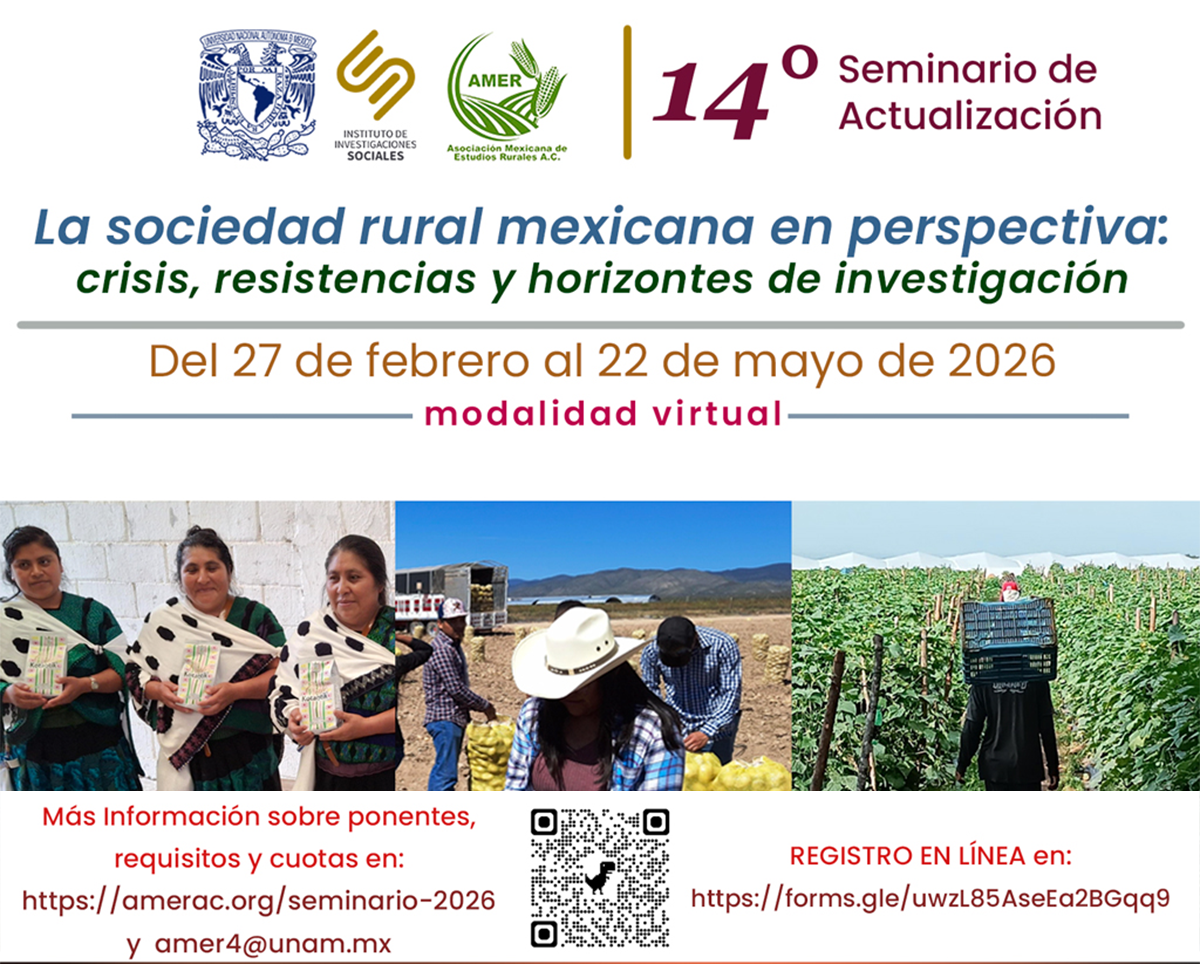
La sociedad rural mexicana en perspectiva
Laura Gutiérrez - Feb 16, 2026Universidad Nacional Autónoma de México, Instituto de Investigaciones Sociales y la Asociación Mexicana de Estudios Rurales, A.C. 14° Seminario de actualización…

Especializaciones en Ciencias Políticas y Sociales
Laura Gutiérrez - Feb 16, 2026Universidad Nacional Autónoma de México CONVOCATORIA DE SELECCIÓN E INGRESO AL PROGRAMA ÚNICO DE ESPECIALIZACIONES EN CIENCIAS POLÍTICAS Y SOCIALES…
